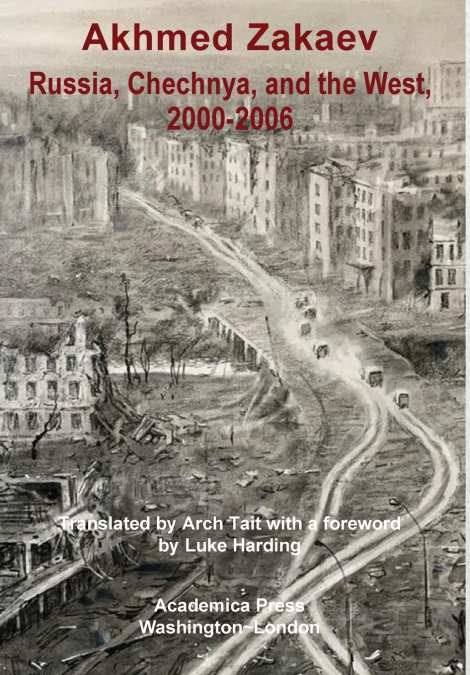
Akhmed Zakaev / Arch Tait
When Vladimir Putin became President of Russia in 2000, his first priority was to reestablish the intelligence agencies’ grip on the country by portraying himself as a strongman protecting Russian citizens from security threats. Despite condemnation by the United Nations, the European Parliament, and European Union, the policy of brutal 'ethnic cleansing' in Chechnya continued. For Putin, Islamist attacks on the United States of September 11, 2001, were a welcome opportunity to rebrand the war against Chechen independence, not as the crushing of a democracy, but as a contribution to President George W. Bush’s 'War on Terror.' In the years that followed, Putin’s regime covertly supported and manipulated extremist factions in Chechnya and stage-managed terrorist attacks on its own citizens to justify continuing aggression. US and European condemnation of Russian atrocities in Chechnya dwindled as Russia continued to portray Chechen independence as an international terrorist threat. Chechnya’s Prime Minister-in-Exile Akhmed Zakaev, who had to escape Chechnya, faced Russian calls for his extradition from the United Kingdom, which instead granted him political asylum as Russia’s increased its oppressive operations.